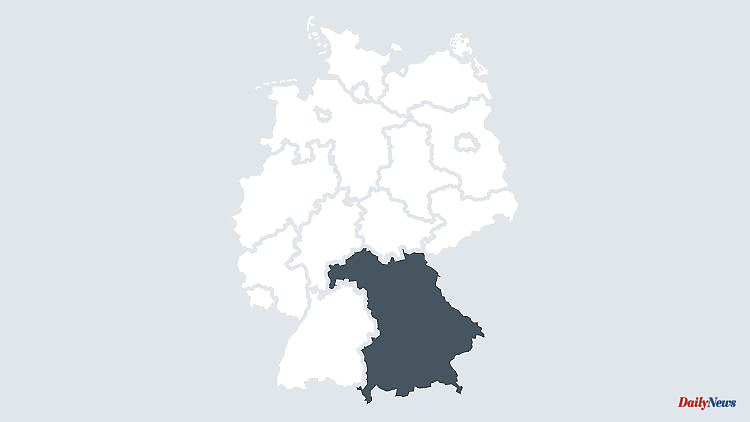Parents-to-be ponder the first name of their child for many hours. Short or long, traditional or modern - or a combination of several names? The possibilities are endless. And yet quite a few parents have similar tastes.
Ahrensburg (dpa / lby) - Sophia and Elias were the most popular first names for newborns in Bavaria according to a ranking by first name expert Knud Bielefeld in 2022. Emilia and Lukas came second, followed by Hannah and Felix. Since there are no official first name statistics in Germany, Bielefeld has been evaluating birth reports from registry offices and clinics for years and has received a lot of attention with its statistics.
In addition to the top trio, the first names Emma, Anna, Mia, Marie, Leonie, Lea and Lina were particularly popular in the Free State. For the boys it was Jonas, Leon, Jakob, Maximilian, Noah, Paul and Luca.
This clearly showed differences to the nationwide favorites. With Mila, Ella, Leni and Clara, four girls’ first names that are extremely popular in Germany are not among the top ten at all in Bavaria. For boys, the nationwide leader Noah in Freistaat only came in eighth, second-placed Matteo did not make it into the top ten, nor did Finn, Theo, Emil, Henry and Ben.
And of course there are also Bavarian preferences, which are not excessive, but are specific to the Free State. They include Benedikt, Ludwig, Sebastian, Franziska, Magdalena and Valentina. In Mecklenburg-Western Pomerania, on the other hand, children are more often called Fiete, Hugo, Pepe, Frieda, Merle or Thea, in Lower Saxony Hanno, Keno, Tammo, Hedi, Jette and Jonna are at home.
For the nationwide evaluation, Bielefeld and his small team used first name data from 423 cities. Two thirds of the data come from registry offices, one third from baby galleries of maternity clinics. According to the information, around 34 percent of all newborns nationwide were included in the evaluation, with 250,000 birth reports. The Society for the German Language also publishes similar statistics, with around 90 percent of all data from the registry offices, according to its own statements.












